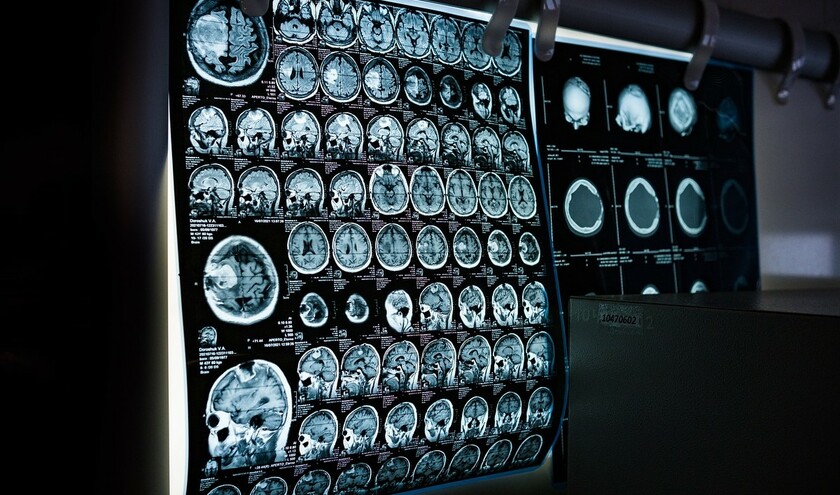The neurosurgery team at Imperial College Healthcare NHS Trust is introducing mixed reality technology, which enables users to interact with digital content while remaining fully aware of the real-world, to improve training and patient care.
The technology enables clinicians and patients to view and interact with high-resolution 3D hologram-like images of patient scans, alongside traditional imaging techniques. It is being used to support some patient consultations, assist preparations for certain operations, and provide immersive clinical training.
Trust's neurosurgery team is using XARlabs' simXAR mixed reality tool, which was initially planned to support training within the neurosurgery department with funding from NHS England. The trust neurosurgery team recognised the broader benefits the technology could offer patient care - and introduced it in some consultations in order to better explain proposed treatments to patients as part of the consent process and also used it more widely to enhance team preparedness.
The team uses the technology to convert CT and MRI patient scans into 3D augmented reality models. During training sessions and certain patient consultations, both the surgeon and the trainee - or the surgeon and the patient - wear trust-owned Magic Leap 2 headsets.
Patients provide consent for both the generation of their models and for wearing the headsets. The surgeon can interact with the 3D model by zooming in, rotating it, or even ‘walking' inside to visualise the patient's anatomy in an immersive and easily understandable way. This marks a significant shift from the traditional method of viewing scans one series at a time on 2D computer screens.
The team believes this represents an innovative way of viewing medical imaging that can significantly benefit both patients and health professionals in the NHS.
Mr Arthur Dalton, consultant skull base and vascular neurosurgeon at Imperial College Healthcare NHS Trust, said: ‘We immediately saw the potential of this technology and set out to develop a world-class mixed reality suite, drawing on the expertise and innovation within our own surgical team. The level of detail and interactivity it offers far surpasses traditional methods, facilitating better preparation and understanding for surgeons, trainees and patients.
‘We're already starting to see benefits as we continue embedding this system into our work. The potential for improving patient care and training is huge. We believe we are the first, or one of the first, to adopt this type of mixed reality platform in this way in the NHS and hope our work can help the NHS remain at the forefront of this emerging technology.'
Mr Ali Haddad, senior neurosurgery registrar at Imperial College Healthcare NHS Trust, an alumni of the NHS Clinical Entrepreneur Programme and founder and Chief Ececutive of XARlabs, added: ‘The technology allows us to visualise and rehearse surgical procedures with great detail and accuracy, which we believe brings quantifiable benefits to both patients and clinicians.
‘We are also looking to explore how the technology could benefit surgeries in real-time in the future, hopefully undertaking clinical trials within the next couple of years.'



